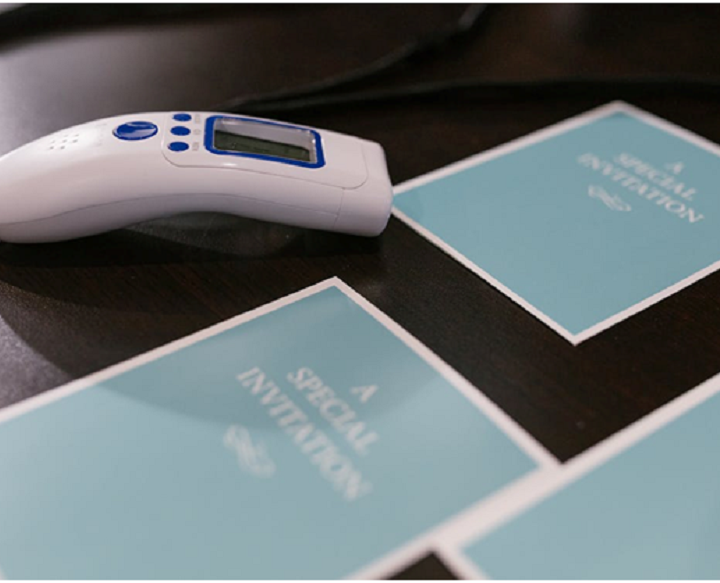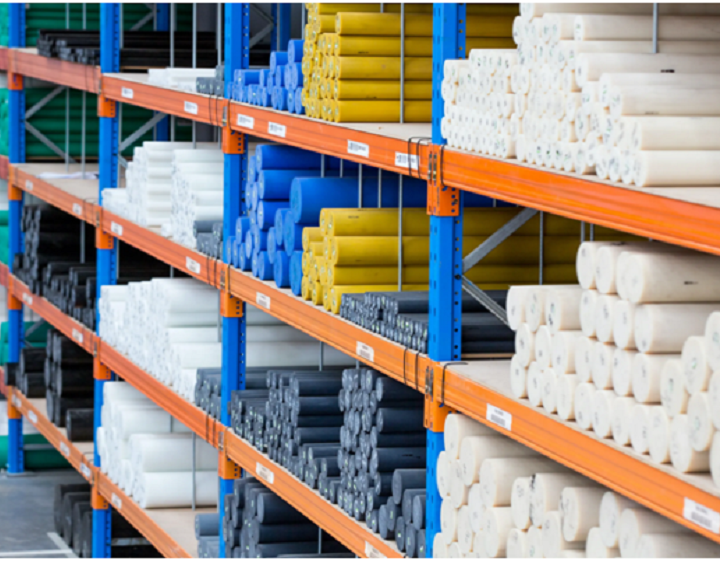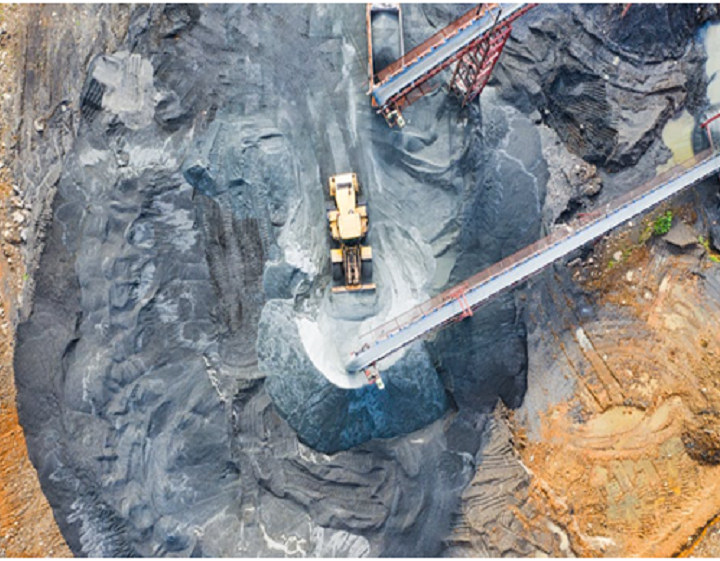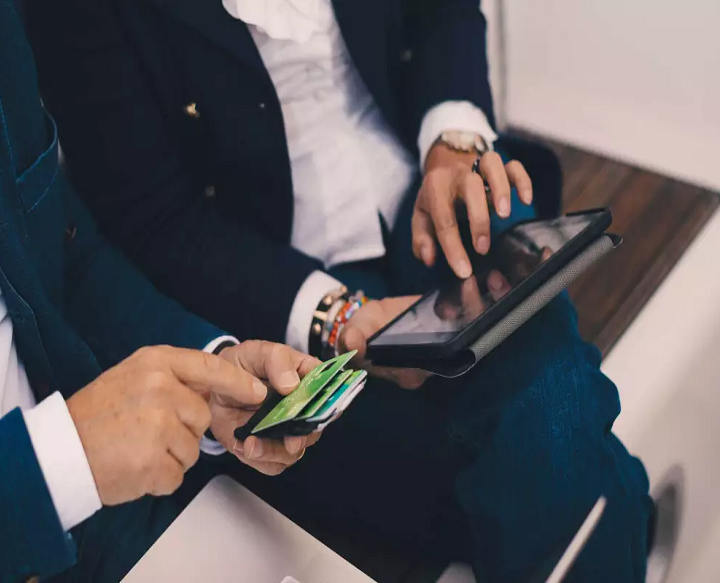Dubai is more than simply a place to visit; it’s a launchpad. A cultural crossroads, logistical centre, and financial powerhouse that has become a magnet for entrepreneurial ideas from all over the world. But even the most beautiful desire requires a plan.
That’s where market feasibility research comes in.
Choosing the best market feasibility research company in Dubai can be the most important thing you do before going into business or waiting. But not every study is the same, and not every report reveals the whole picture. This is how you tell the difference.
1.Know what a feasibility study really is.
Know what you want before you hire someone. A feasibility study is not only a list of things to do or a PDF with a template. It’s a detailed look at Dubai’s economy, market trends, consumer behaviour, financial forecasts, competition activities, and possible hazards. A good partner will ask you questions that help you make your approach better, not merely agree with it.
2. Make sure you know the rules in your area
The rules in Dubai are always changing because of new policies, changes in emphasis on certain sectors, and free zone requirements. A good feasibility company won’t simply talk about compliance; they’ll also explain how changing regulations might affect your business model directly. Their study should be based on the laws of today and the tendencies of future.
3. Look at how specialised the industry is
There is no one-size-fits-all way to do feasibility studies. A company that focusses on hospitality may not know all the details of logistics. Enquire about experience in the field. Find businesses in your field—like fintech, food and beverage, real estate, or manufacturing—that can provide you case references.
4. Make sure data integrity and source transparency are top priorities.
It’s simple to discover statistics that are just on the surface. But for legitimate feasibility studies, you need verifiable sources, layered data, and analysis from many points of view. Reputable companies will explicitly say where the data came from, how it was analysed, and what assumptions were used while creating the model. Trust comes from openness.
5. Look at the methodology, not just the results.
Enquire about the methods they use for their study. Do they mix quantitative and qualitative data? Do they do field interviews, mystery shopping with competitors, or testing in real time? A good approach is flexible; it changes based on the product, the audience, and the details of the area.
6. Look for depth in your strategy, not just data dumps.
studies that only include figures or refer to industry studies may appear good, but they don’t offer anything. The top feasibility businesses turn observations into strategic advice on where to start, what to avoid, how to change direction, and when to grow. It’s not simply “can you do it?” It’s also “how should you?”
7. Check their knowledge of financial modelling
Feasibility is the same as funding. Cash flow forecasts, pricing structures, ROI timeframes, and break-even analysis are all very important parts of any study of entering a new market. Make sure the company has experienced financial analysts, not simply researchers, who can adjust estimates to fit Dubai’s actual costs and how sensitive consumers are to price changes.
8. Find out how they deal with market changes.
Dubai is always changing. Changes in politics, energy prices, the global supply chain, and tourism all have an effect. Good feasibility study won’t just assume that growth will be steady. Instead, it will illustrate how your company model responds when things go wrong or well.
9. Find out whether they work with local stakeholders.
Some things you can’t find on Google. They come from meetings with the government, talks with suppliers, or talking to customers in person. Pick a company that has a lot of connections in the area and can interview stakeholders. It’s the difference between a plan and a report.
10. Check Their Ability to Understand Other Cultures
In Dubai, knowing how to deal with culture is just as important as knowing how to work with statistics. Can they tell us how Emirati business expectations are different from those in Europe or Asia? Do they know how cultural differences affect marketing, pricing, and consumer trust? Entering a new market is never merely a business decision; it’s also an emotional one.
11. Check the format of the report and how clear the communication is
A 200-page treatise full of jargon doesn’t have an effect. You need to be clear, short, and provide context. Request a sample report. Think about how insights are shown—infographics, scenario tables, summaries, and executive overviews are all important. You should leave with more knowledge, not less.
12. Ask for a Risk Matrix and Contingency Insights
A good feasibility study doesn’t avoid danger. It makes a map of it. Find companies who provide you a clear risk matrix that shows what may go wrong, how probable it is, and what you can do to avoid it. When making plans to grow, there shouldn’t be any blind spots.
13.Know what kind of help they will provide you after the report
What happens when the report is sent? A good company should provide follow-up services like helping investors with presentations, having Q&A sessions with your board, or even helping you get started. Step one is to do market research, however there are many more steps to do.
14Find out how much they know about IT and digital industries.
If your industry is relevant, your research partner should know about Web3, AI adoption, digital payment systems, and cybersecurity regulations, as Dubai wants to become a global IT powerhouse. Modern feasibility doesn’t only imply looking at things offline.
Conclusion
When you choose a feasibility study company, you’re making a promise. It’s the step that proves your desire, helps you plan your approach, and makes your money less risky. In a city like Dubai, which is quick, tough, and full of opportunities, this step is even more important.
Take your time. Don’t think of it as a formality.
Pick a partner that shares your vision, speaks your language, and knows the pulse of the Dubai market.
In the end, feasibility isn’t about whether you can.
It’s about whether you should. And how.






